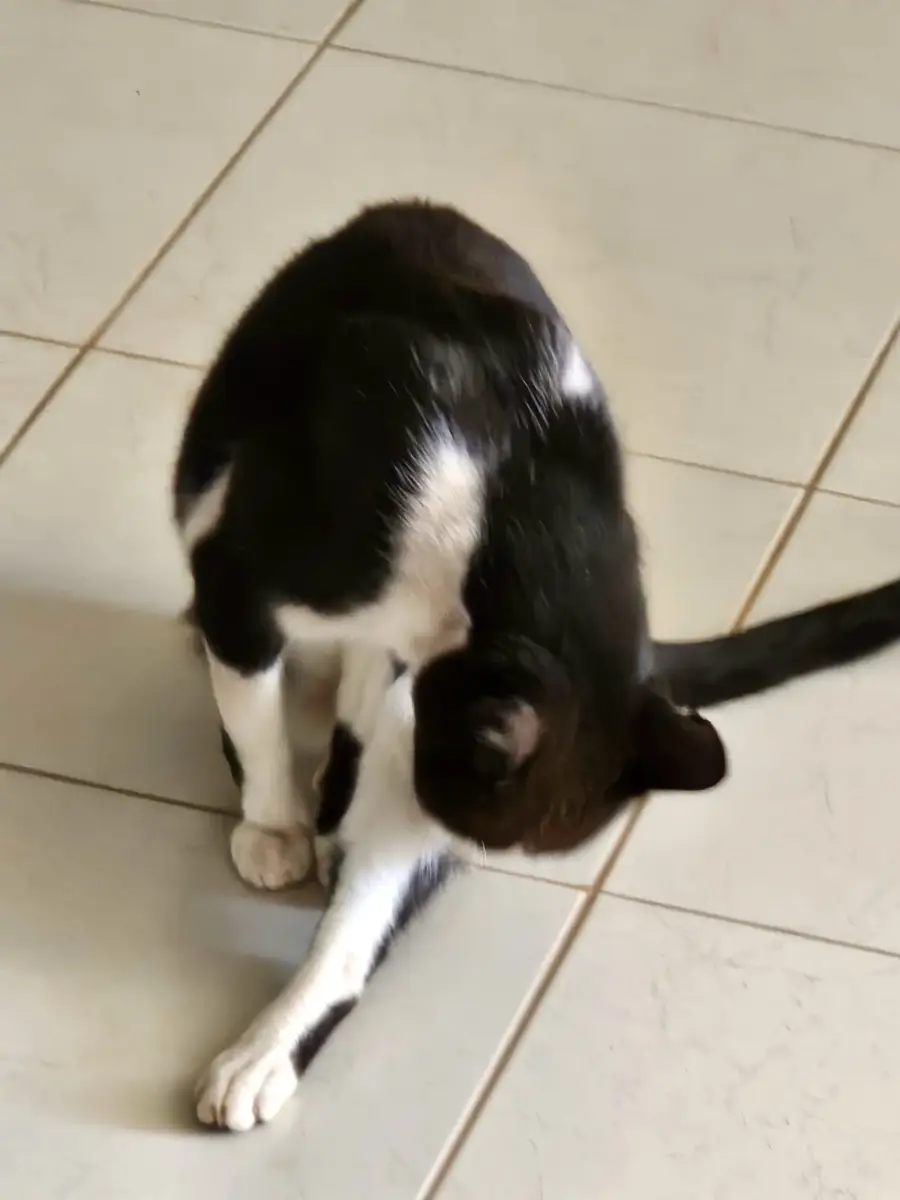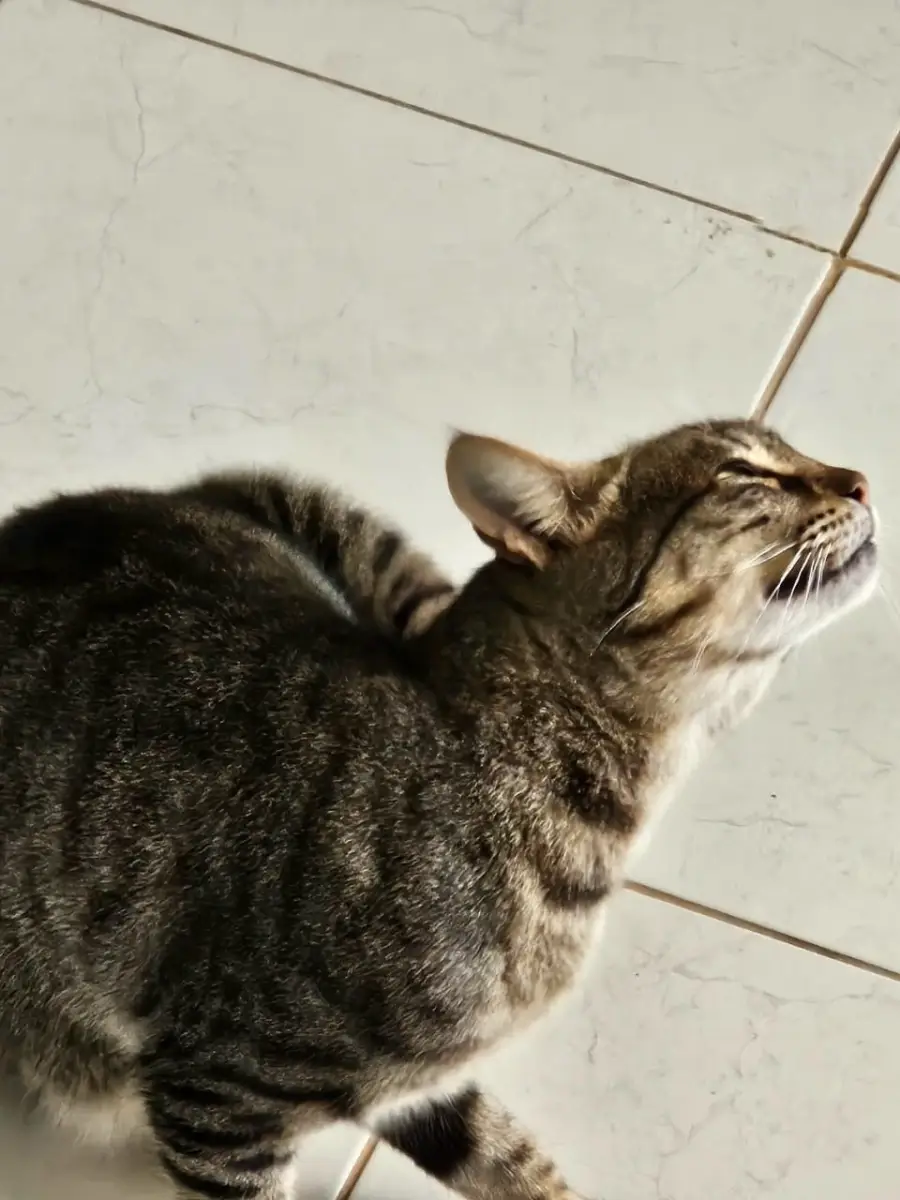Introduction
Understanding the Importance of Your Cat’s Skin Health
Your cat’s skin is its largest organ, acting as a protective barrier against external threats and regulating essential functions like temperature control. Healthy skin and a well-maintained coat are indicators of overall well-being. When this equilibrium is disrupted, it can lead to discomfort and a range of health problems. Skin issues, such as persistent itching, often serve as the first signs of underlying medical conditions that require attention.
Why Feline Itching Should Not Be Ignored
Itching in cats may seem harmless at first glance, but persistent scratching can escalate into severe skin damage, infections, and stress. Left untreated, minor irritations can progress into chronic conditions that affect your cat’s quality of life. Identifying and addressing the root causes promptly ensures not only relief for your furry companion but also helps in preventing costly medical interventions in the future. https://www.petmd.com/cat/symptoms/itchy-cat-causes-and-when-to-worry

Common Causes of Feline Itching
Environmental Allergies: A Hidden Trigger
Environmental factors like pollen, mold, and dust mites can trigger allergic reactions in cats. These allergens often infiltrate through open windows or cling to your pet’s fur. Symptoms include frequent scratching, sneezing, and watery eyes. Identifying these triggers requires observation and, in some cases, allergy testing.
Fleas and Parasites: The Usual Suspects
Fleas, ticks, and mites are common culprits behind itching. Even a single flea bite can cause intense irritation due to hypersensitivity to flea saliva. Watch for signs like frequent licking, hair loss, and flea dirt in your cat’s fur. Regular use of flea preventatives can mitigate this issue. https://kattovit.com/en/blogs/katzenratgeber/katzen-floehe?srsltid=AfmBOoob-3FDxxdVBDlgtg4DQuLDT_F8ELR0HN-slZp-fzSuxdmeH1QZ
Food Sensitivities: The Role of Diet in Skin Health
Dietary intolerances or allergies can manifest as skin problems. Ingredients like beef, chicken, or grains are common triggers. Cats with food-related itching may also exhibit gastrointestinal symptoms such as vomiting or diarrhea. Transitioning to a hypoallergenic or novel protein diet can provide relief.
Stress and Anxiety: Emotional Triggers for Itching
Cats are sensitive creatures, and changes in their environment—like moving homes or the arrival of a new pet—can lead to stress-induced behaviors, including excessive grooming. Psychological factors should never be overlooked as potential causes of skin irritation.
Skin Infections: Bacterial and Fungal Culprits
Bacterial and fungal infections, such as ringworm, can lead to intense scratching and lesions. These infections are often secondary complications arising from excessive scratching or underlying conditions. Prompt veterinary care and diagnostic tests can confirm the cause.
Seasonal Changes: How Weather Affects Your Cat’s Skin
Dry winter air or the high humidity of summer can disrupt your cat’s skin barrier. Seasonal shedding and changes in grooming habits may also exacerbate skin problems. Maintaining consistent indoor humidity levels can alleviate seasonal discomfort.
Genetic Predispositions: Breeds Prone to Skin Issues
Certain breeds, such as Sphynx or Siamese cats, are more susceptible to skin issues due to their genetic makeup. Owners of these breeds should be particularly vigilant in monitoring skin health and implementing preventive measures.
Signs Your Cat’s Itching is a Problem
Excessive Scratching: When Normal Grooming Becomes Obsessive
Cats groom regularly, but excessive scratching or biting is a red flag. If your cat spends more time scratching than playing or sleeping, it’s time to investigate.
Bald Spots and Redness: Visible Signs of Discomfort
Patchy hair loss and inflamed skin are common signs of irritation. These symptoms indicate that the itching is severe enough to damage the skin and hair follicles.
Scabs and Lesions: Advanced Symptoms of Skin Irritation
Open sores, scabs, and crusty patches are signs of advanced skin issues that may lead to secondary infections. Immediate veterinary care is essential in such cases.
Effective Remedies for Feline Itching
Topical Treatments: Balms, Shampoos, and Sprays
Medicated shampoos and soothing balms can provide immediate relief. Look for products containing hydrocortisone or aloe vera to reduce inflammation and promote healing.
Anti-Allergy Diets: Choosing the Right Food for Your Cat
Elimination diets help identify food allergens. Gradually introducing a novel protein diet, such as duck or venison, can reduce allergic reactions.
Flea and Tick Prevention: Best Practices for Protection
Regular use of veterinary-approved flea and tick preventatives is crucial. Monthly treatments and thorough cleaning of your cat’s environment minimize the risk of infestation.
Medications and Supplements: When to Consult Your Vet
Prescription antihistamines, steroids, or omega-3 fatty acid supplements may be recommended for persistent itching. Always consult your veterinarian before administering any medication.
Natural Remedies: Oatmeal Baths, Coconut Oil, and More
Natural solutions like oatmeal baths can soothe irritated skin, while coconut oil helps moisturize dry patches. Use these remedies as adjuncts to veterinary care.
Prevention Tips for a Healthy Cat
Regular Grooming Habits to Maintain Skin Health
Brushing your cat’s fur not only removes loose hair but also distributes natural oils that keep the skin hydrated. Regular grooming sessions are essential.
Keeping Your Home Allergen-Free for Sensitive Cats
Invest in air purifiers and hypoallergenic bedding to create a safe environment for your cat. Cleaning frequently reduces exposure to potential allergens.
Importance of Routine Veterinary Checkups
Regular checkups allow your vet to identify and address skin issues before they escalate. Preventive care is key to maintaining your cat’s overall health.
When to Seek Professional Help
Recognizing Severe or Persistent Itching
If your cat’s itching persists despite home remedies, it’s time to seek professional intervention. Severe scratching can lead to irreversible damage if ignored.
What to Expect During a Veterinary Visit
Your veterinarian will perform a thorough examination, including skin scrapings or blood tests, to pinpoint the cause. Treatment plans may involve medications, dietary changes, or specialized shampoos.
Conclusion
Recap of the Top 7 Reasons and Remedies
Feline itching stems from a variety of causes, from environmental allergies to parasitic infestations. Understanding these factors helps in implementing effective remedies.
Encouraging Proactive Care for Your Cat’s Comfort
Proactive measures, regular grooming, and timely veterinary consultations are vital to ensuring your cat’s comfort and well-being. A healthy, itch-free cat is a happy companion.




